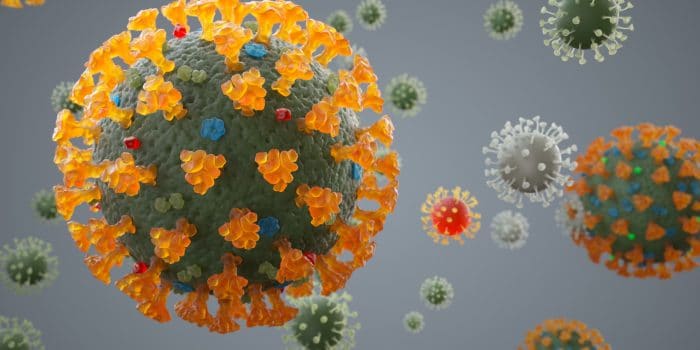
In the past few months, the number of coronavirus cases in the United States has spiked significantly. At the last count, there were over 1.5 million American citizens who have tested positive for this virus. While many people are ready to get the economy back up and rolling, many medical professionals are reticent about going back to business as usual.
One of the biggest problems Americans face in regards to the COVID-19 pandemic is misinformation. Unfortunately, there are a variety of blogs and videos circulating online that are spreading misconceptions about this dangerous virus. Below are some common coronavirus myths and the truth behind them.
Myth #1: All You Need is a Face Mask to Avoid This Virus
People all over the world are changing the way they live and interact with others in the wake of the COVID-19 health crisis. One of the biggest misconceptions some people have is that a face mask will completely protect them from the coronavirus. In reality, other measures have to be taken to keep yourself and your family safe.
While a high-quality face mask is an essential item for people venturing out into public places, it is by no means the only precaution that should be taken. The team at the Centers for Disease Control and Prevention (CDC) advises people to practice social distancing and to wear a cloth face mask while in public. The CDC believes that these precautions will help to slow the spread of the coronavirus.
Myth #2: A Vaccine Will Be Released Any Day Now
There is a definite divide in this country when it comes to the overall outlook on the coronavirus. Some people are overly-optimistic when it comes to eradicating this virus with the help of a vaccine. Scientists around the world are working on vaccines, but this process could take a while.
In recent weeks, human trial data shows that individuals who have been infected with the coronavirus and gotten over it produced essential antibodies. Many scientists and medical professionals believe these antibodies are the key to beating coronavirus once and for all.
When conducting trials and studies about the coronavirus, universities and medical facilities have to use third-party antibody and protein product suppliers like Cusabio. Curious about how these proteins and antibodies are used in the fight against coronavirus? For more information visit Cusabio.
Myth #3: Household Pets Can Spread This Virus
The Internet is a great place to connect with friends and family, but there are limitations to what this medium can provide. Once a post or video goes viral on social media platforms like Facebook or Instagram, it is viewed as truth. This was the case when a post circulated on social media that claimed the coronavirus could be spread by cats and dogs.
In reality, there is very little evidence this statement is remotely true. While studies are still ongoing regarding how pets react to the novel coronavirus, many in the medical community believe that domesticated dogs and cats are safe. There is a very low level of infection in the pet world, which is why there is currently no reason for dog or cat owners to be concerned.
Staying Safe in the Age of the Coronavirus
As many states start to reopen, it is up to American consumers to stay safe when going out in public. Rather than letting your guard down, you need to continue practicing social distancing and wearing a quality face mask when in public. By doing this, you can reduce your chances of contracting this dangerous virus.
Comments
Post a Comment
Tell us what you think